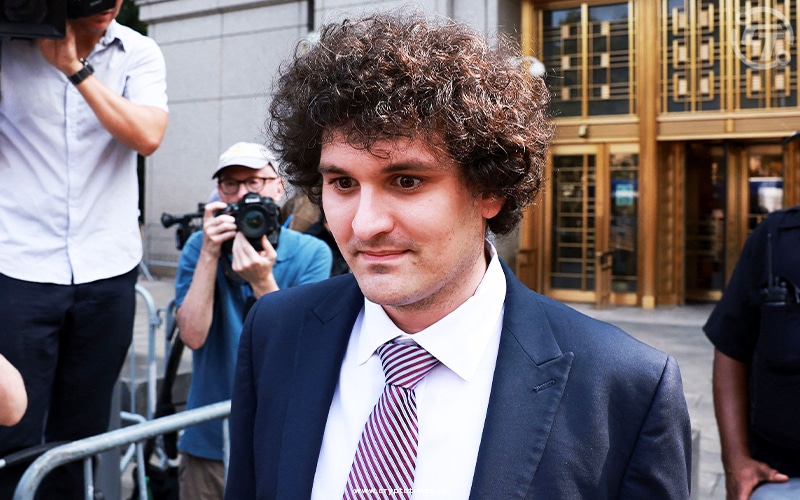Sam Bankman-Fried continued to testify in his fraud trial while keeping up with his stance and insisting that he did not defraud anyone.
On Friday, the FTX founder began testifying in the presence of jurors who were sent home by the judge on Thursday prior to the first day of SBF’s defense testimony and determined whether jurors needed to hear it or not.
The defense attorney Mark Cohen began questioning him by asking, “What was your vision when you founded FTX?” SBF said that he wanted to build the best product in the market and move the crypto ecosystem forward, but “it turned out basically the opposite of that.”
Cohen further asked, “did you defraud anyone?” to which Sam replied, “No I did not,” and said, “I made a number of mistakes.”
The founder of two of the biggest multimillion dollar crypto companies knew nothing about crypto before starting Alameda Research in 2017. “I had absolutely no idea how they worked…I just knew they were things you could trade,” SBF said, adding that he jumped into business as it had huge demand and excitement among people.
SBF said he and Gary Wang started crypto exchange FTX in 2019, while there were already dozens of crypto trading platforms. He added that there were 80% chances of FTX failing in the highly competitive market. “Even that 20% chance was a huge opportunity,” he said to jurors while at one time thinking about selling the company to the big-chunk player Binance.
While speaking on the initial Alameda-FTX fund conflicts, SBF explained that a technical error in the exchange’s risk engine exposed the system to turbulent liquidations of trades. As the issue was covered with a reluctant fix of buying back the liquidated trades, it became more ridiculous as FTX volume grew further.
This miss-fixing error resulted in a feedback loop of moving trillions of dollars, which FTX did not have. SBF said that it needed to have a liquidity provider so that the exchange could keep running, and at the time, Alameda came in because it was the only capable account with the required balance. It all led to Alameda’s liquidation and being short of balance in the end. “The whole thing shouldn’t have happened,” he said.
SBF further said that he was not aware of Alameda’s backdoor access to FTX customer funds as he did not directly supervise developers who were building the exchange. “I wasn’t entirely sure what was happening,” he said.
Also Read: FTX Seeks Information On $6.5M Paid To AI Safety Group







